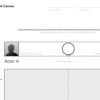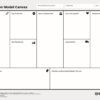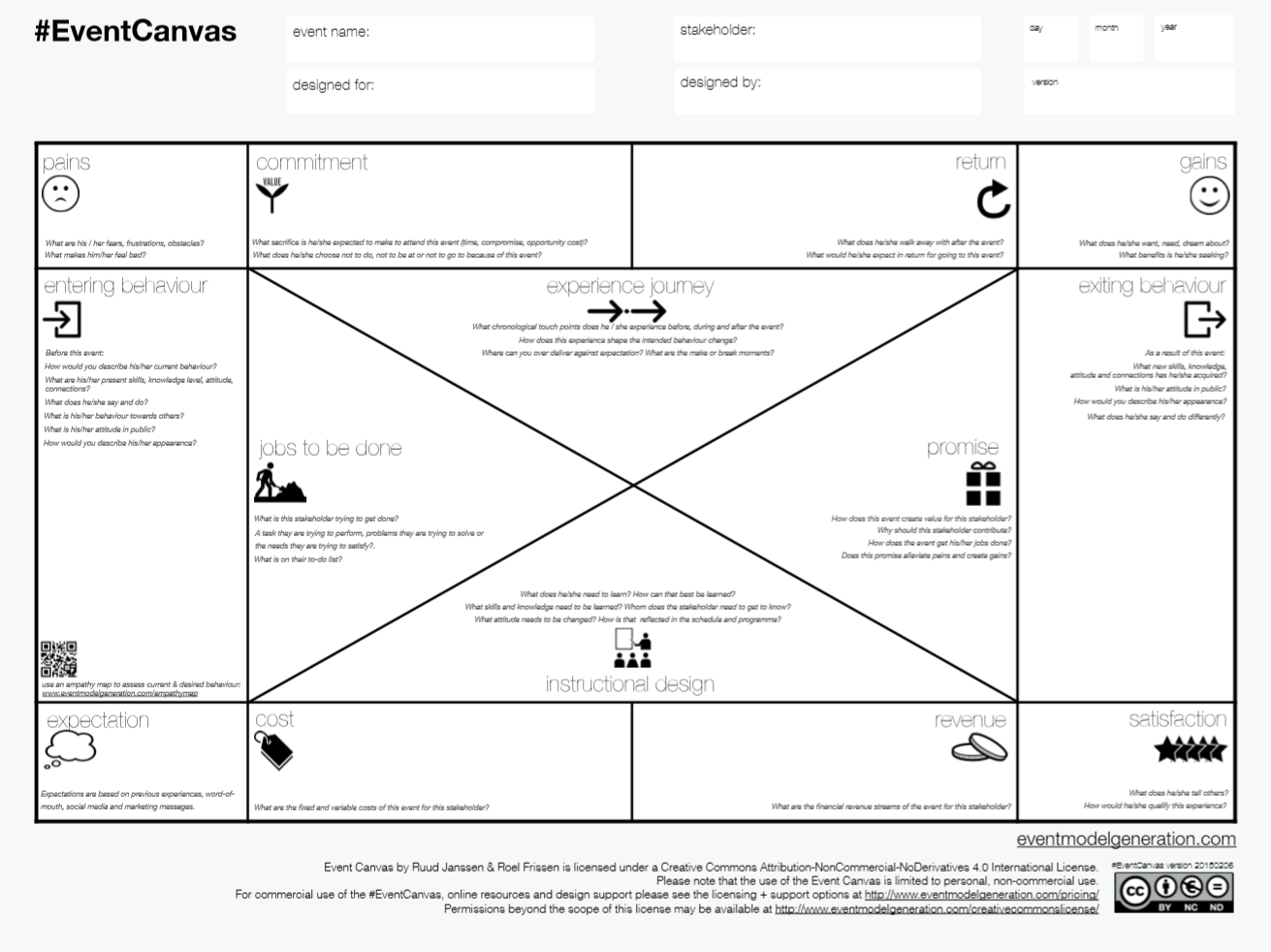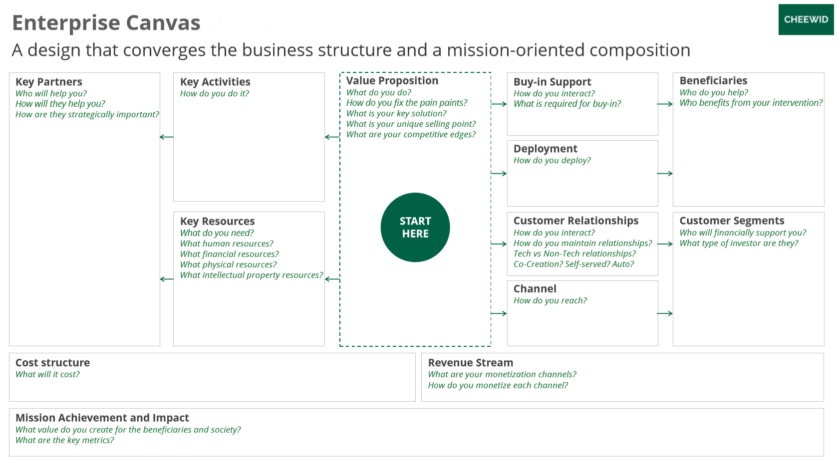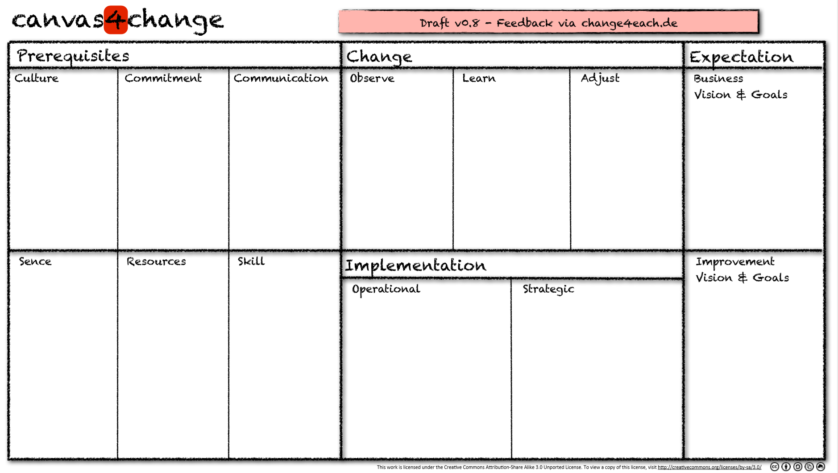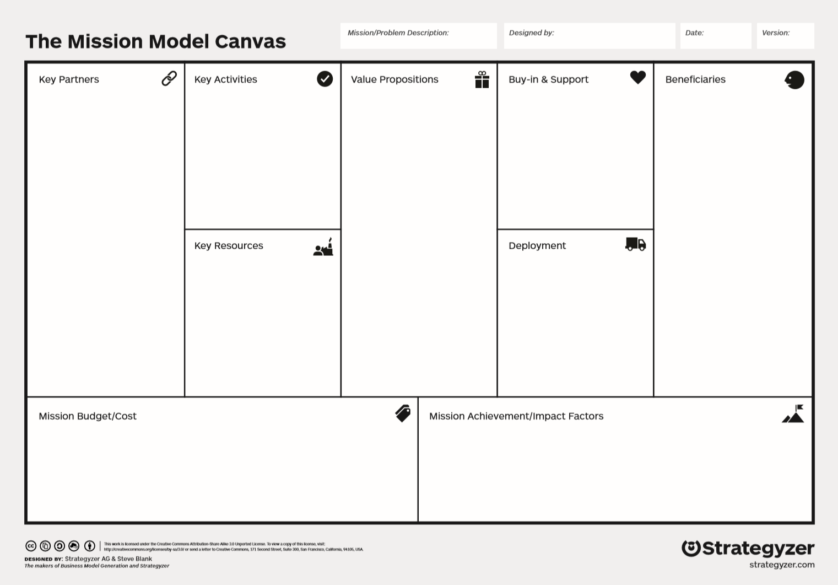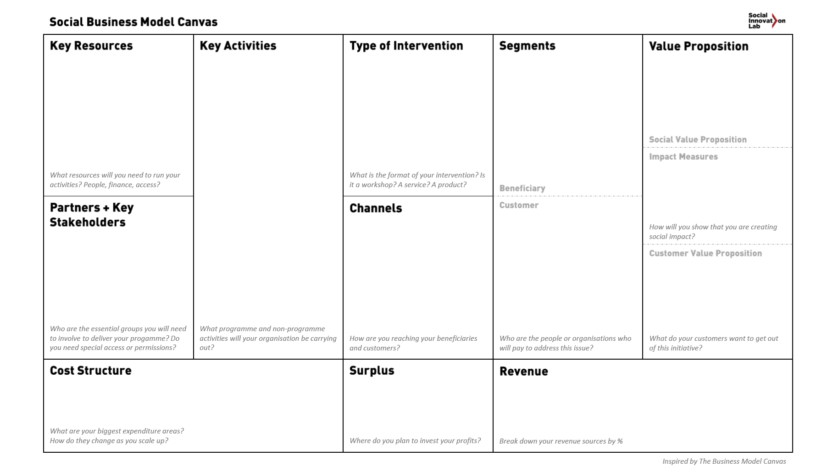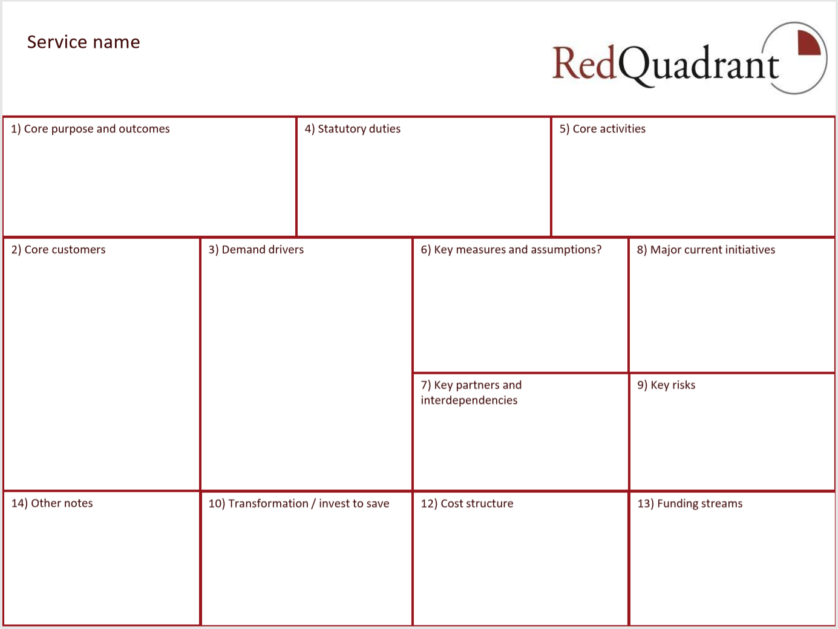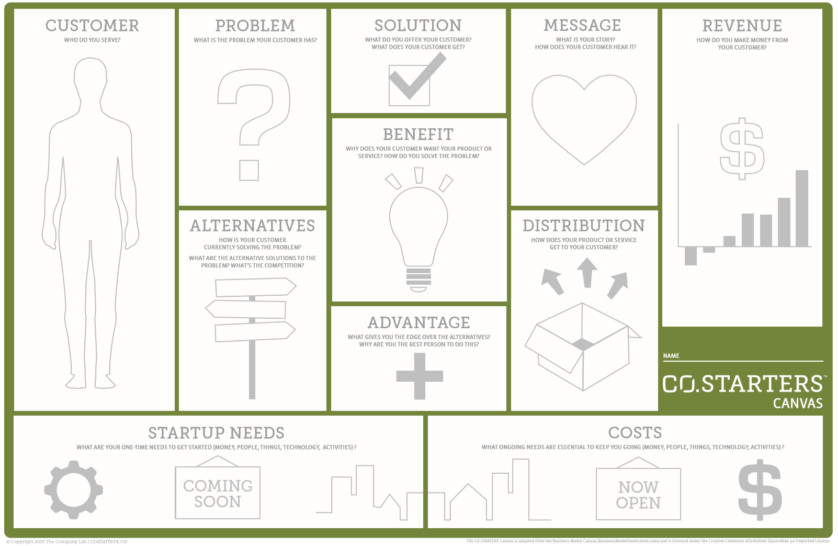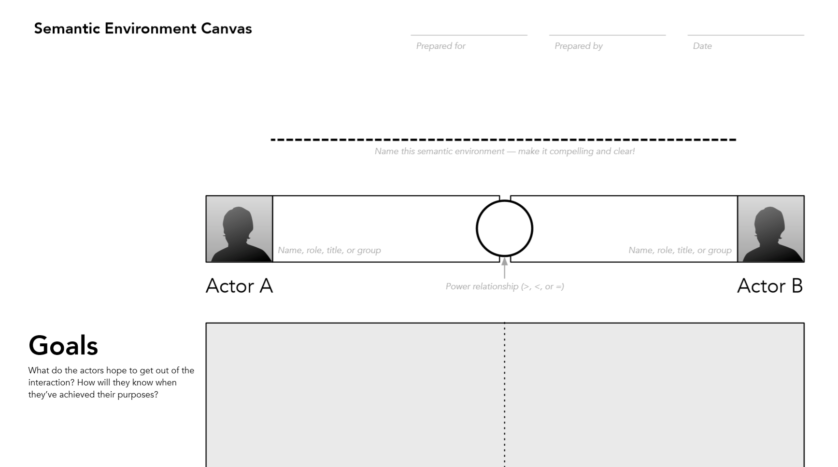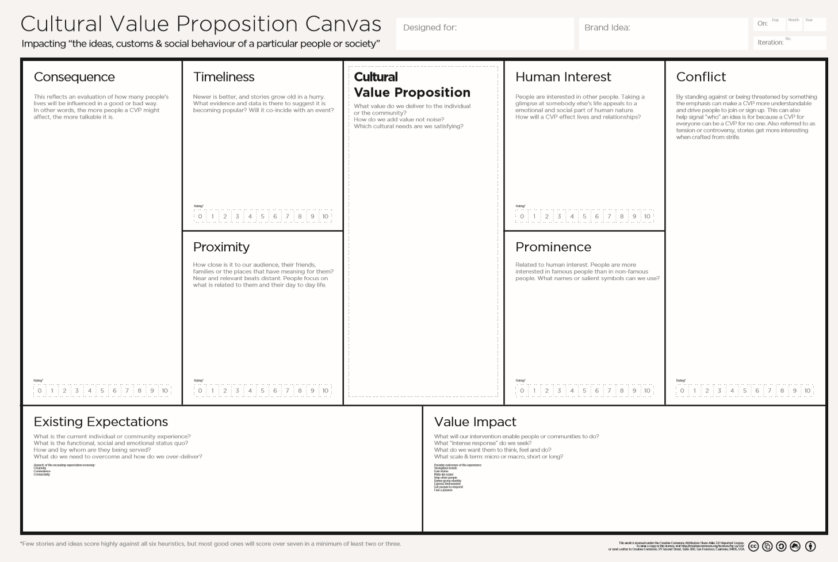The #eventcanvas was created by Ruud Janssen and Roel Frissen which builds on the visual framework initially proposed by Alexander Osterwalder’s Business Model Canvas based on the earlier work on Business Model Ontology.
Event Canvas
The event canvas is a strategic management template for developing new or documenting existing events and conference models according to Event Design Collective.
They explain that the event canvas is a visual chart with elements describing an event’s promise, how it helps stakeholders to get their jobs done, resolving pains and creating gains within a set framework of commitment and expected return. The canvas articulates how the behaviour changes as a result of having participated in the event as well as stating the required levels of satisfaction against expectations. Additionally the canvas outlines the costs and expected revenues in relation to the customer journey (service design) and the instructional design of the event.
The Canvas helps organisations align their activities by illustrating potential trade-offs of their events. Building a thorough #eventcanvas can be achieved through a 10 step #eventcanvas methodology where the team involved in the event systematically analyses, describes and outlines the inputs for the components in the final canvas prototypes. The methodology is sequential and makes use of a range of visual thinking techniques including Empathy Mapping (courtesy of xplane), Value Proposition Canvas (courtesy Osterwalder), event ROI methodology (courtesy Phillips ROI Methodology), the Business Model Canvas (courtesy of Osterwalder), Service Design Canvas (Stickdorn & Schneider) and Instructional Design Model (Dick & Carey).
You can also see the interview of Ruud in Event Planner site where he explains how would it be to have a language whereby you could explain the story of your event crystal-clear in less than 60 seconds. He uses examples and shows in a concrete way that the Event Canvas is really a way to articulate how their event creates value, on one piece of paper and it can be perceived as a language that both the event-owner and the event-planner understand.
Checkout other business canvases in our Canvas Database

